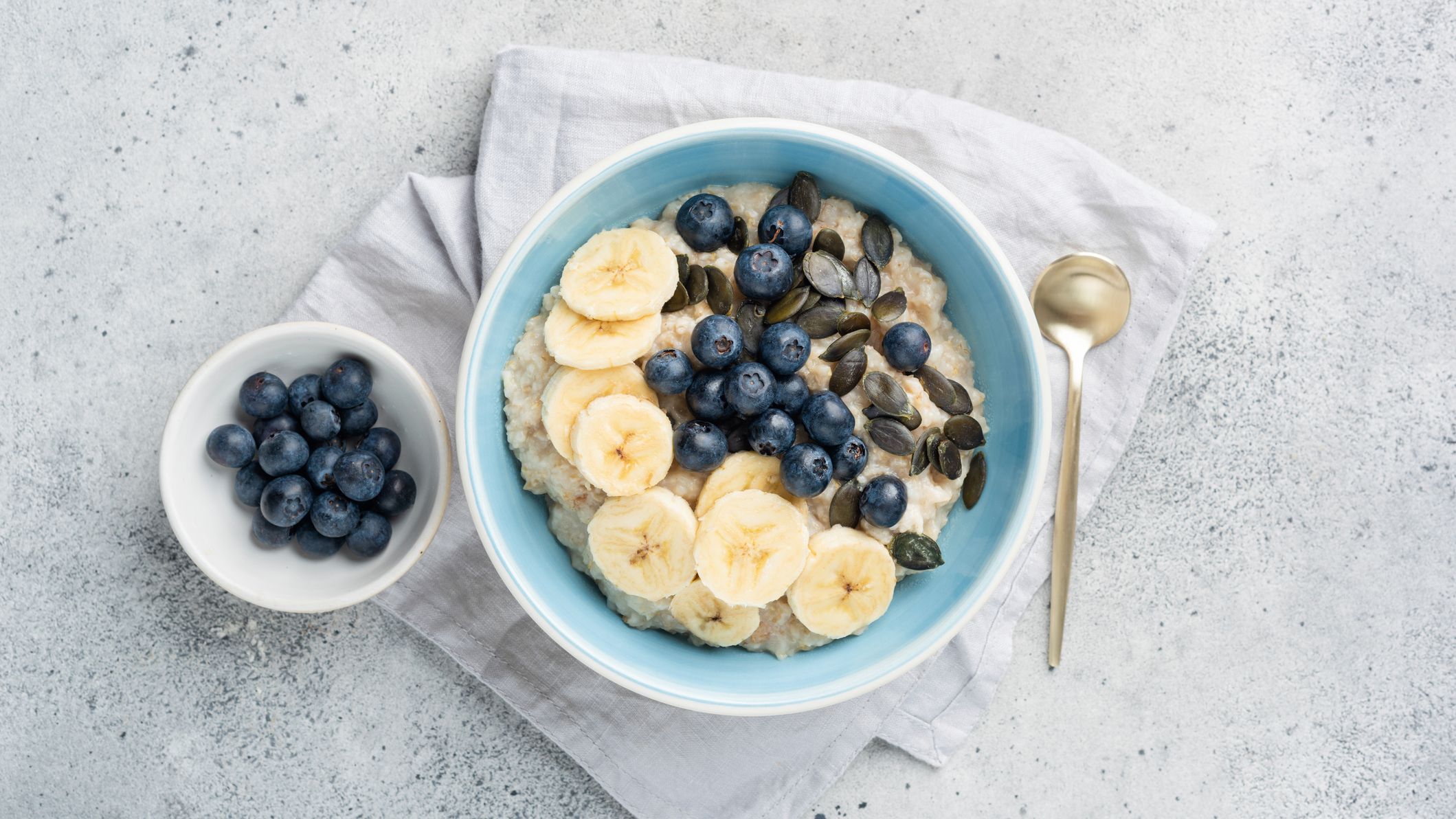
Start your week with achievable workout ideas, health tips and wellbeing advice in your inbox.
You are now subscribed
Your newsletter sign-up was successful
Around 50% of Americans aren’t consuming enough magnesium, and that’s of concern when you learn the role magnesium plays.
“Magnesium is essential for over 300 reactions in the body, from supporting muscle and nerve function to keeping your bones strong and your heart rhythm steady,” says Josie Porter, senior dietitian for Simple App. “It also helps turn the food you eat into energy, and getting enough helps to keep your mood and sleep on track.”
It’s difficult to know for sure whether people are truly magnesium-deficient or not, as it is rare that magnesium levels are tested in a clinical setting, but there are a few symptoms to look out for. People who aren’t getting enough magnesium are likely to experience muscle cramps, heart palpitations and sleep disturbances, among other things.
There is symptom overlap between magnesium deficiency and other nutrient deficiencies and health conditions, so you must consult a medical professional if you are experiencing any of the mentioned symptoms to rule out other causes.
If you suspect you might have a magnesium deficiency, it is a good idea to work with a dietitian to confirm your suspicions and to safely and effectively increase your magnesium intake if necessary.
Dietary sources of magnesium

Adding pumpkin seeds to a bowl of porridge is one way to increase your magnesium intake with food
“Most people can meet their magnesium needs through food if they eat a varied, mostly whole-food diet,” says Porter. “Still, low intake is common, especially if your diet is light on plants, nuts, seeds, or whole grains.”
Porter shared some of the most magnesium-rich foods that you should ensure are present in your diet. Women should aim for at least 310mg of magnesium a day, and men at least 400mg.
Start your week with achievable workout ideas, health tips and wellbeing advice in your inbox.
“Seeds like pumpkin or hemp pack the biggest punch per portion, while foods like spinach, black beans, quinoa and almonds also make strong everyday contributions,” she says.
“Sprinkle toasted seeds over porridge or salads, toss spinach into pasta or omelets, stir black beans into wraps or soups, swap rice for quinoa, or snack on a handful of almonds.”
Should I take a magnesium supplement?
“If you’re low in magnesium, topping up with a supplement may help with things like sleep, stress, or regularity,” says Porter, “but for lasting benefits, building up your intake through food is better.”
While mineral deficiencies can seem scary, working with a dietitian can help increase your intake from your food, and supplementation can fill in any deficits left by your diet.
“Too much magnesium from supplements can trigger diarrhea and cramping”
Josie Porter, dietitian
Make sure to check with your healthcare provider before proceeding with a supplement and take their recommendation into consideration, as there are many different forms of magnesium, which could interact with your medication or underlying health issues.
“Too much magnesium from supplements can trigger diarrhea and cramping, and in rare cases, low blood pressure,” says Porter. “So aim to keep supplements under 350mg a day unless advised otherwise. Your gut can regulate magnesium from food just fine, but pills can flood the system fast.”
What type of magnesium supplement is best
Magnesium glycinate (or bisglycinate)—most bioavailable
“Magnesium glycinate is often used for sleep and anxiety,” says Porter. “It tends to be better absorbed and gentler on your stomach than oxide or carbonate forms.”
Magnesium taurate—best for heart health
This form of magnesium may be cardioprotective due to the properties of amino acid taurine, which is found abundantly in the heart. This form could also lower blood pressure and improve cholesterol levels.
Magnesium taurate—best for heart health
“Magnesium citrate may help with digestion and regularity,” says Porter. It can trigger loose stools, so it is less advisable for those who have underlying digestive problems like IBS.

Josie Porter completed her undergraduate and postgraduate degrees in Dietetics and Advanced Professional Practice. She has a wealth of experience working in top healthcare trusts, both clinically and in research, and her diverse skill set stems from years of working alongside leading dietitians, doctors, and psychologists. With a progressive career in both public health services and private practice, Porter has extensive knowledge in dietary counseling and helping others make sustainable behavior changes.

Lou Mudge is a Health Writer at Future Plc, working across Fit&Well and Coach. She previously worked for Live Science, and regularly writes for Space.com and Pet's Radar. Based in Bath, UK, she has a passion for food, nutrition and health and is eager to demystify diet culture in order to make health and fitness accessible to everybody.
Multiple diagnoses in her early twenties sparked an interest in the gut-brain axis and the impact that diet and exercise can have on both physical and mental health. She was put on the FODMAP elimination diet during this time and learned to adapt recipes to fit these parameters, while retaining core flavors and textures, and now enjoys cooking for gut health.
You must confirm your public display name before commenting
Please logout and then login again, you will then be prompted to enter your display name.
